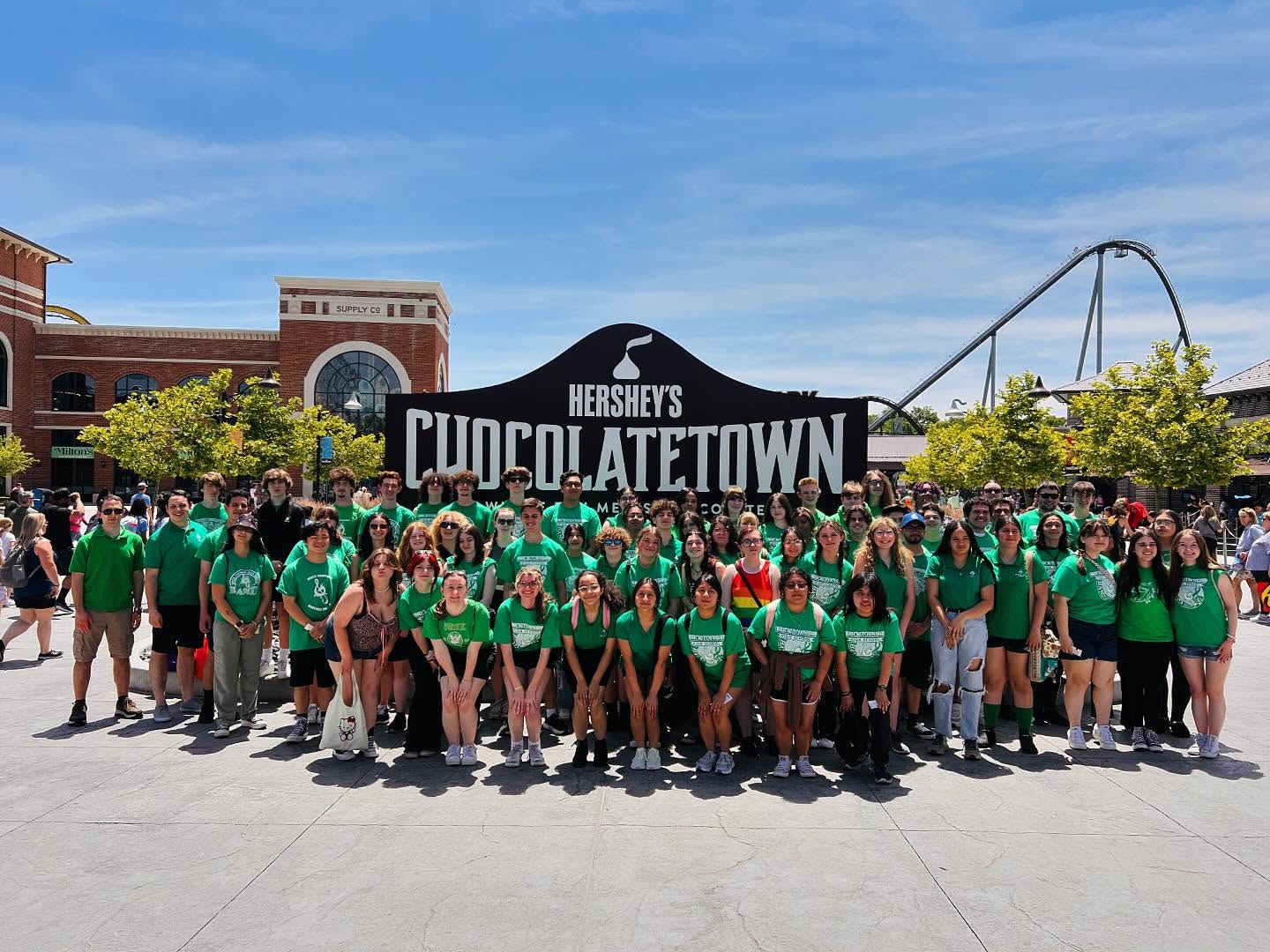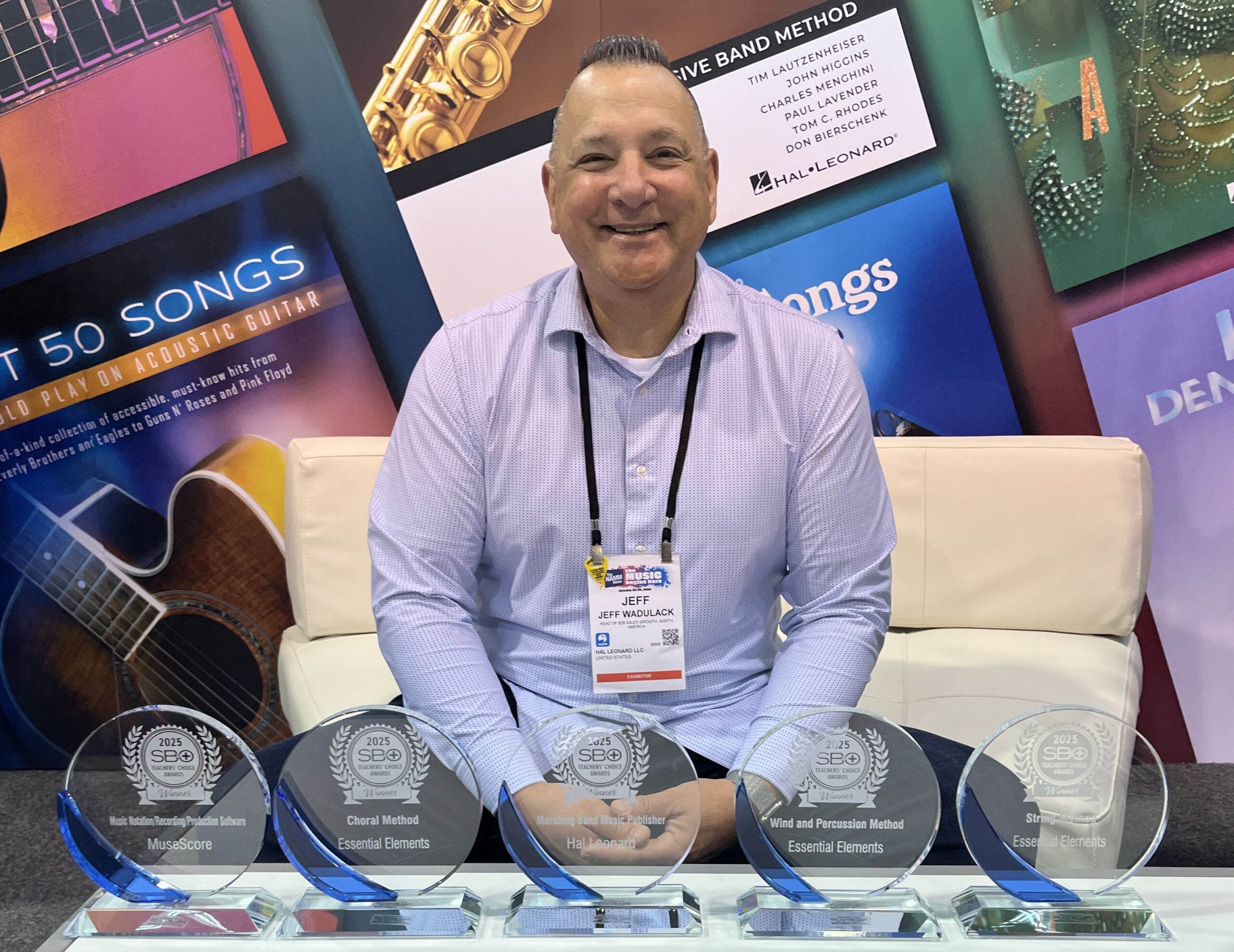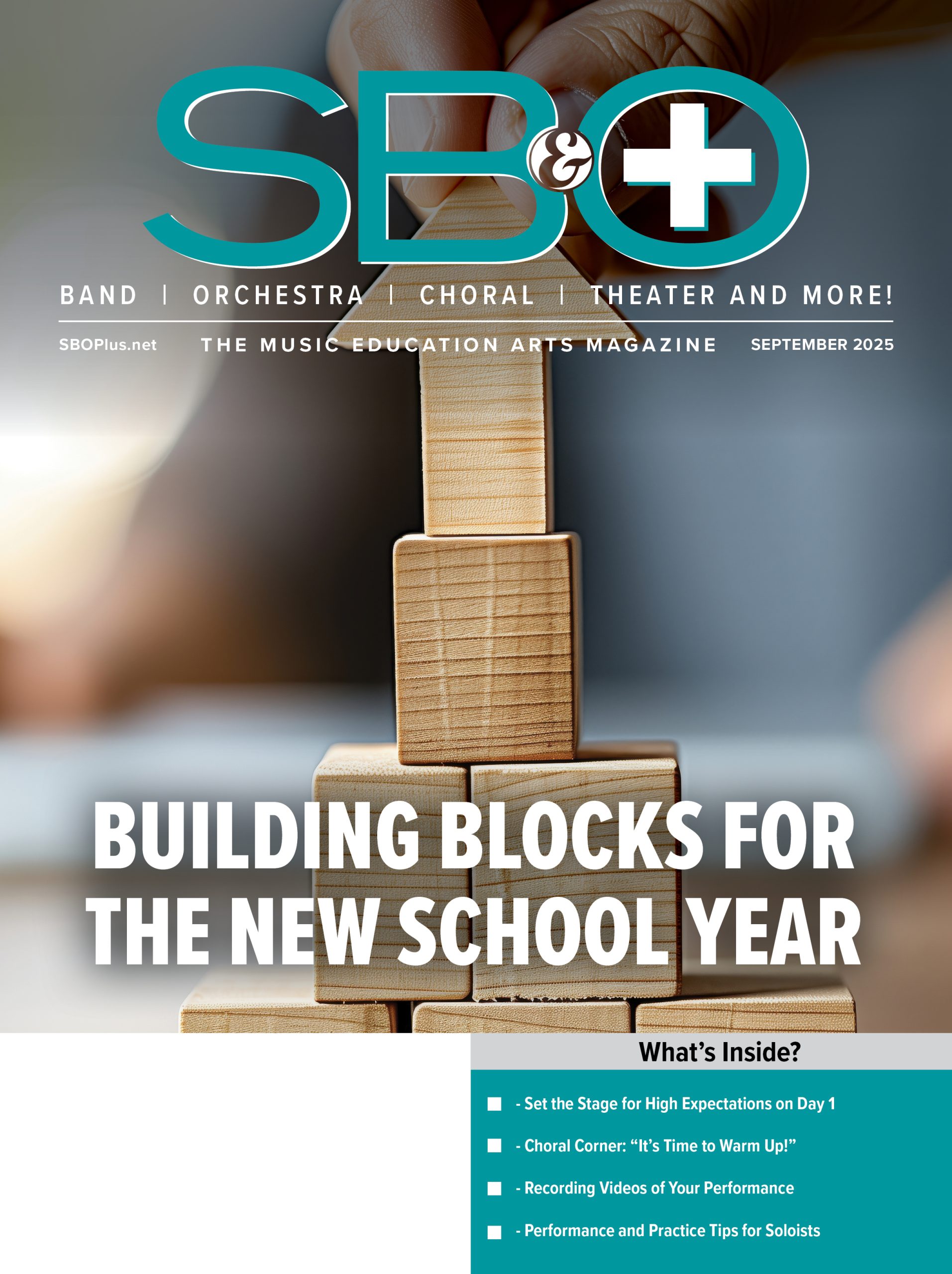
In the natural world, ecosystems may be as small as a tide pool or as vast as a jungle. The concept of keystone species describes species that play a disproportionately large role in the prevalence and population levels of other species within their ecosystem or community. Or more simply, a keystone is critical to the survival of the entire ecosystem.
There are a number of well-documented keystone species:
The elimination and subsequent restoration of gray wolves led to a re-balancing of elk populations.
Sea otters regulate the sea urchin population, enabling kelp forests to remain a healthy habitat for many species.
Beavers dramatically alter landscapes and influence the prevalence of many other species.
Who Stands Out?
It’s difficult to choose a keystone in the music and arts education field. All roles are critical to maintaining a healthy system. There would be no quality arts programs without teachers, without supportive funding policies, without district leadership, without arts nonprofits, without supportive parents or the advocacy firepower of our national associations.
The keystone in the arts education ecosystem functions like the keystone in an arch or bridge. It’s the one stone that secures the other stones stay in place, ensuring the sustainability and integrity of the entire structure.
Arts Coordinator as Superhero
My first thought is the district arts coordinator as keystone. I have seen well-intentioned district efforts falter without an arts coordinator/supervisor to drive progress. When the LA County Arts Ed Collective (formerly Arts for All) launched in 2002, it established that having a dedicated arts coordinator position at the district level was a key indicator of success. Effective coordinators can promote the arts up and down the line. They sit at the table for district curriculum and instruction decisions. And they are a voice and resource for teachers, ensuring professional learning and equity across the district. They make things happen!
The secret to their success is the relationships and networks they build inside and outside of the school district– from maintenance staff to principals, teachers, HR, school board, local nonprofits and community leaders.
There are, however, more districts without arts coordinators than with them. It seems to be largely a function of size (and value). Smaller (or cash strapped) districts simply do not have the infrastructure to support content area specialists of any kind—reading, math, or the arts. While arts coordinators serve a vital function, especially in larger districts, there are flourishing arts programs without arts coordinators.
Principals for the Win
In my view, building-level principals are the keystone in the arts education ecosystem. Principals have a huge job. Their responsibilities are mind-boggling. In this ESSA era of local decision-making and accountability, the principal has enormous influence over everything from school culture to deciding what is taught and by whom.
Like the beaver, the principal shapes and molds the environment to reflect their responsibilities, priorities, and values. Federal, state, and local policies certainly have impact, either positive or negative. However, the arts (typically a non-tested subject) may rise or fall based on a principal’s implementation of those policies. I have seen master music and arts educators stymied by scheduling, staffing, instructional and facility roadblocks, all decisions within the purview of the principal.
I’ve also had the pleasure of working with principals who are true arts advocates—and wonderful leaders in their school community. They enhance the teaching and learning experience for everyone, including the arts — from streamlining field trip protocols, encouraging professional learning for arts teachers, ensuring appropriate equipment and supply budgets, embracing the arts on parent nights, or enabling scheduling that promotes advanced study in the arts. Hats off to these master builders!
Targeted Advocacy
If building-level leaders are keystones in sustaining and advancing the arts in public schools, then we must focus our efforts. As most principals do not have expertise in an arts discipline, it is our job to:
Educate principals on the benefits and value of the arts.
Build understanding of what quality arts education looks like.
Be solutions oriented.
Be a resource for promising practices.
Encourage arts educators to take up the principal mantle.
Recognize and reward excellence.
I applaud those who are doing this work. Please share stories within your communities about how you are building relationships with principals or any stakeholder you identify as critical to your ecosystem, be they otters, gray wolves, or beavers.
Laurie Schell is a lifelong advocate for music and arts education. She is founding principal of Laurie Schell Associates | ElevateArtsEd, providing consulting services and issue expertise in coalition building, public policy and advocacy, strategic planning, and program development with a focus on arts education.

























